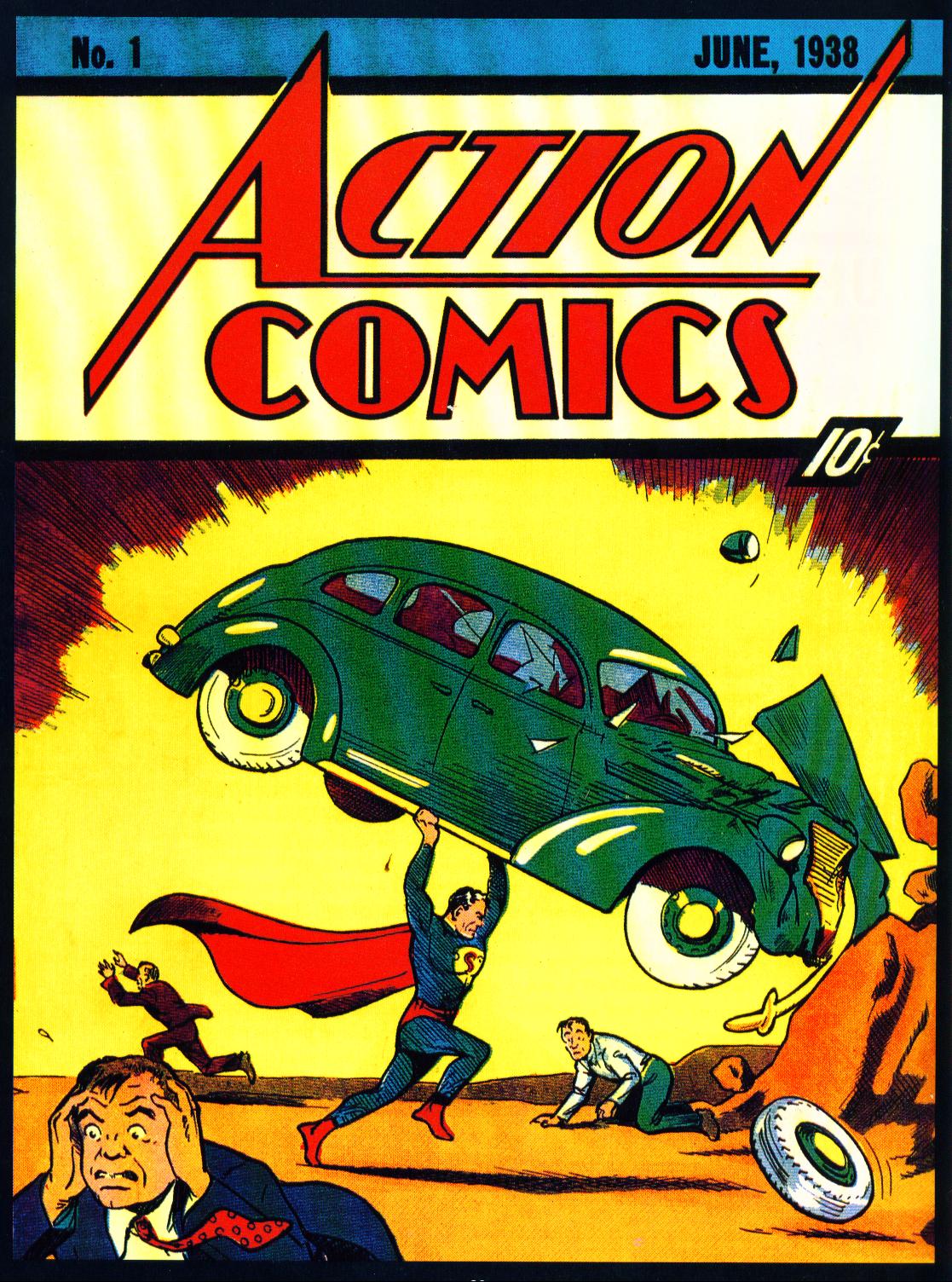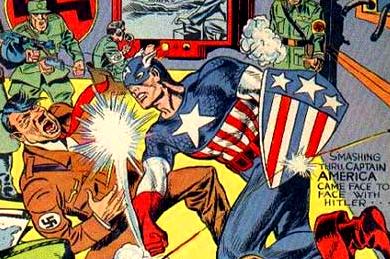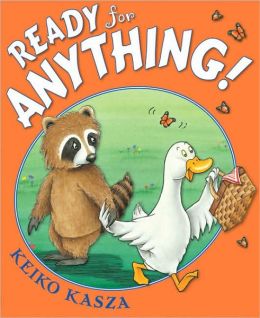 |
| Take your pick. |
The ownership of guns has become a
large issue in both America and most other areas of the world. It recently
occurred to me that I have reached the age where I could legally own a firearm
of my own. My current living condition, living in a college dorm, does not
permit owning a deadly weapons, but it is still an interesting thing to
consider. The question then turns from a,”could I?” to a “should I?” kind of
question. Is it ethically right for me, or anyone, to own a firearm with the
expressed purpose of it being used for self-defense purposes? In order to
answer this question, I looked at several of the potential societal effects
guns may have and the potential consequences of owning one, and attempted to
find facts regarding these things to solidify my own opinion. Unfortunately,
the information I found was very conflicting.
The first thing I looked at was the
effects of guns may have on crime rates. America, has the highest gun crime
rate in the world, and I was interested on the effects of privately owned guns
on the crime rates of areas in America. At first I found, to my initial surprise,
that areas with higher concentrations of gun owners had statistically lower
gun crime rates than areas of similar population with fewer guns. Later, I
found various other studies that showed statistics showing that areas with much strict gun laws, and thus fewer guns, also showed lower rates of gun crimes. I then
checked out foreign countries, of similar socioeconomic status of the United
States, to see if one of these two trends is more common than the other.
Unfortunately, even in foreign countries both trends were still present. I also
attempted to find some sort of link between gun ownership and an increase in mass
murders, hoping to find something solidly for or against guns regarding an extremely negative situation. This too was unclear, as gun numbers may or may not contribute to higher mass murder rates depending on what studies are examined.
After my inability to find
conclusive evidence regarding the relationship between crime rates and private
gun ownership, I looked at something that could affect my choice regarding gun
ownership in the far future; this being the effects guns in the home can have
on the lives of children. In this facet of my research, I found more concrete
agreement on the issue. One study I looked at by Judy Murnan, from the Deptartment of Public Health in the University of Toledo, stated that number of guns in an
area was the only consistent factor in the raising of childhood gun deaths in
America, while other information showed that children exposed to guns while young
are more likely to be a part of a gun related accident than those who were not.
Interestingly, this information seemed to run counter to my own life experiences. I lived in a
rural area where gun ownership was common, and was taught strict gun safety
lessons in order to ensure I would never have any sort of gun accident. Thus
far I have never had a gun related incident, which made it difficult to accept
childhood gun accidents as a foregone conclusion of gun ownership rather than
as the result of improper gun safety, or irresponsible gaurdians.
The Information I have found seems
to show both positive and negative effects of guns. The real question for those
seeking gun ownership is not necessarily, "is it ethical?", but rather “are you ready to take responsibility?”. Owning a gun
means there is a risk to the safety of others in your home, but only if you are
careless with it. Another factor to be considered is that in the case of
self-defense are you willing to take responsibility for the life of another
person, attacker or otherwise,? If someone is willing to take responsibility
for their gun and the actions they may have to commit with it, as well the risks to safety that a gun may entail, then they have
every right to own it. There is nothing inherently unethical about owning a gun, there is however something ethical about how someone plans to use a gun. So really the choice comes down to how much you trust yourself and your own judgment. I personally cannot decide whether or not I will or will not own a gun in the future, but if I do it will be after fully weighing the risks and with full knowledge of how to be a responsible gun owner, I feel that everyone should do at least that.











